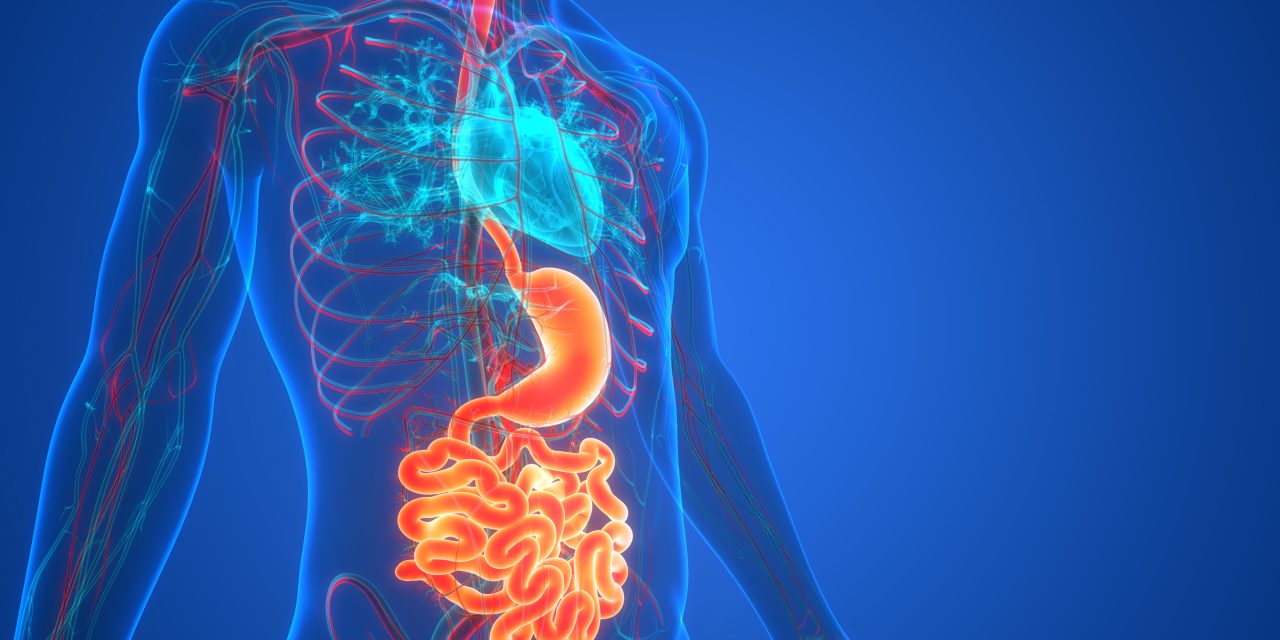The study was conducted to investigate the impact of boron supplementation on nutrient digestibility, inflammatory responses, blood metabolites and diarrhea index, and their relevance to growth performance in weaned pigs housed in good and poor sanitary environments for 14 days after weaning.
A total of 108 male pigs [Duroc × (Yorkshire × Landrace)] weaned at 21 days of age were used in a randomized complete block design with 2 × 3 factorial arrangement. Pigs were assigned to three boron treatments (0, 5, and 10 mg/kg) under two environments (good and poor sanitary) to give six replicates per treatment (3 pigs per replicate). On 0, 7 and 14 days, one pig per replicate was euthanized to collect, ileum tissue samples, and rectal fecal samples.
Boron supplementation quadratically influenced (p<0.001) feed intake and weight gain in pigs housed in good sanitary conditions from 1 to 14 days post-weaning where pigs offered 5 mg/kg boron optimized weight gain and feed intake. There is a quadratic interaction (p=0.019) on feed intake for 1-14 days post-weaning where 5 mg/kg boron increased feed intake in good sanitary conditions. Pigs housed in the poor sanitary environment decreased (p<0.001) villus height and crypt depth in ileum at days 7 and 14. On day 7 and 14, crude protein digestibility was quadratically influenced (p<0.05) by boron supplementation. Boron supplementation linearly increased (p<0.05) plasma calcium and cholesterol levels whilst linearly (p=0.005) reducing plasma triglyceride concentrations. Diarrhea index was quadratically influenced (p<0.05) by boron supplementations regardless to sanitary conditions where 5 mg/kg boron inclusion achieved the lowest diarrhea index.
Pigs offered 5 mg/kg of boron increased weight gain which may be deduced by improved dry matter, crude protein, and energy digestibility regardless of the sanitary conditions.
Moderate dietary boron supplementation improved growth performance, crude protein digestibility and diarrhea index in weaner pigs regardless to the sanitary condition.


